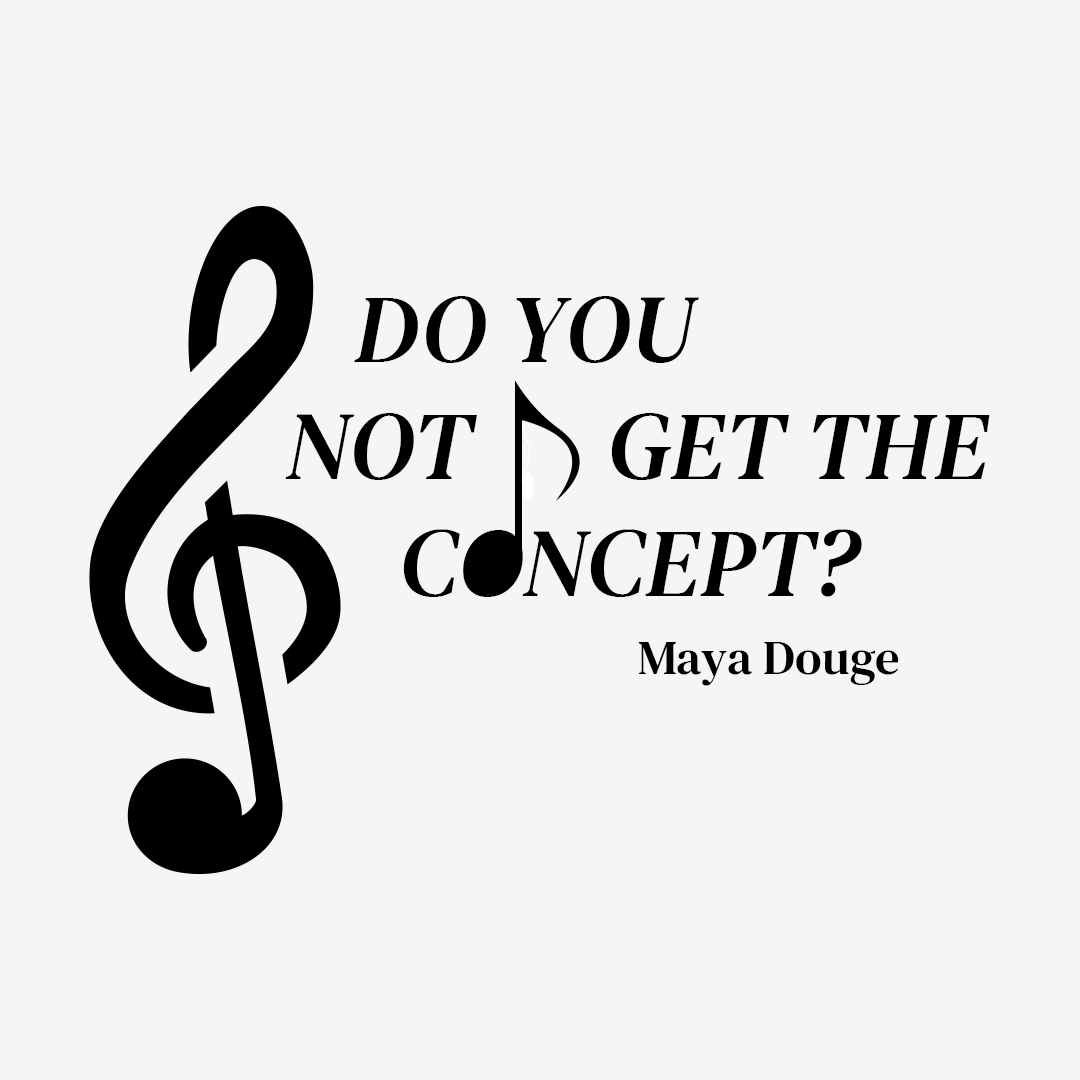“Do you seriously not get the concept?” Admittedly, sometimes I don’t — but that doesn’t mean I don’t work hard to understand, especially when it comes to music. We are in a time where albums have begun to lose their beauty as a collection of art, instead functioning as a hodgepodge of songs. Though they usually have a connecting theme between songs, albums no longer have the level of depth, growth and detail that albums used to have. Instead, they’re meant to garner as much attention and listens as possible. There is a love for the album that, though it exists in the individual song, many modern artists seem to lack. Throughout the series, I hope you as readers and fans of music can gain a deeper connection to albums and the beautiful works that artists put out, as we explore works by Phoebe Bridgers, Ethel Kain, Kendrick Lamar and more.
This week, we begin with one of my all-time favorite albums — “Lemonade” by Beyoncé. In light of current media, it feels a bit dangerous to not begin with an album by one of the biggest names in the music industry of all time. The album is one of my favorites, not just because of its musical diversity with rock, R&B, country and pop, but because of its profound exploration of Beyoncé’s experience with infidelity in her relationship and her journey to healing.
If I had the time and space to talk about every track on this album, I would, but unfortunately, I will only be able to talk about my select favorite songs and how the album as a whole deserves your equally undying love.
Now I admit, I am not a diehard Beyoncé fan. I didn’t listen to “Lemonade” when it first came out, and I didn’t even like it on my first listen. But like a lot of music that I don’t initially like, I can be worn down to a devoted listener, and “Lemonade” has managed to work its way into my top favorites.
The album “Lemonade” was released after Beyoncé’s husband, Jay-Z, was caught being unfaithful in their relationship. It begins with a ballad called “Pray You Catch Me” that is packed with raw and vulnerable lyrics, and the song is a gut-punching opener to bring the listener into Beyoncé’s despair. It is one of my top favorite Beyoncé tracks of all time and, in my opinion, is completely underrated. It’s the indescribable disbelief at discovering her husband’s cheating incarnated.
But not only is Beyoncé grappling with his actions — she’s rewriting the entirety of their relationship in her mind. The memory of her devoted love is tarnished in the face of his actions.
Beyoncé doesn’t have many ballads, most of them not nearly as emotionally impactful as the ones on “Lemonade,” but “Pray You Catch Me” holds a special amount of vulnerability and is arguably one of the most important tracks on the album and the perfect opener.
The third track, “Don’t Hurt Yourself,” featuring Jack White, is surprisingly a rock song, but what better genre to encapsulate anger and rage with a cheater? The guitar, screaming lyrics and violent bass drum all demonstrate her raw disbelief at the betrayal, followed intimately by the rage of hurt.
She screams “Don’t hurt yourself” throughout the song, almost like a warning, a dismissal of any attempts at reconciliation.
My last two tracks are “Love Drought” and “Sandcastles,” tracks seven and eight. “Love Drought” opens with the line “Ten times out of nine, I know you’re lying / And nine times outta ten, I know you’re trying,” which speaks to her hope for reconciliation and finding common ground in a broken marriage. She pleads with Jay-Z throughout the song about why he did it, and whether she caused their “love drought.” She finds understanding, calling to her partner for them to work together to overcome both of their shortcomings and find success in their relationship once more.
Following “Love Drought” is the ballad “Sandcastles.” It was hard to choose another ballad when there is such a diversity of songs on “Lemonade.” I mean, track six, “Daddy Lessons,” is a country song. But “Sandcastles” is the most pivotal track on the album, in my opinion, because it captures the final moment before she decides to take him back.
She laments over the broken promises of their relationship. But when you’ve been in a relationship for a long amount of time, those initial deal breakers are no longer so easy to end things over. She gives voice to the turmoil that I thought impossible to word. But this song is her coming to terms with the fact that even though he had broken his promise by cheating, and she had broken hers by leaving him, they could still love one another despite what should have been the end.
“Lemonade” is ultimately one of my favorite conceptual albums, not just for the way that it encapsulates grief, the diversity of genres she uses to portray emotion or Beyoncé’s ever-captivating lyricism. It’s how “Lemonade” describes Beyoncé’s journey to choose forgiveness where most of the world would choose not to. How do you choose forgiveness in the face of betrayal and hurt? How do you choose to love?
“Lemonade” has encouraged me to seek forgiveness with the people I love and value in my life, especially over grave mistakes, learning to instead find a balance between moving forward and upwards over ending relationships all together, and I hope this album can do the same for you.


